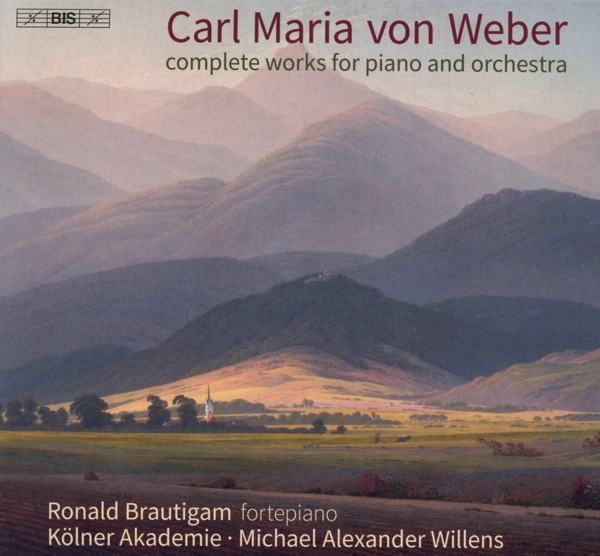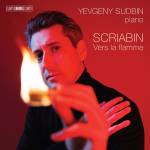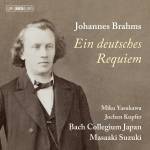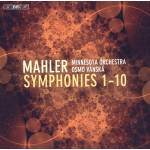Other products from Brautigam / Willens / Kölner Akademie |
My Account
|
Log In
|
English |
€ Euro |
Advanced Search
|
All Categories
BEST SELLER
500
NEW RELEASES
10.860
SPECIALS
237.922
Your search:
No selection
Filter results:
TECHNICS
287.503
GAMES/SOFTWARE
27.046
MUSIC
703.797
- Accordion
6
- Bassoon
14
- Bugle
31
- Cello
183
- Clarinet
53
- Double Bass
8
- Early Instrum.
9
- Flute
69
- Guitar
26
- Harp
15
- Harpsichord
25
- Lute
4
- Mandolin
5
- Oboe
43
- Organ
32
- Other Concerto
9
- Other Concerto
1.101
- Percussion
7
- Piano
626
- Recorder
16
- Saxophone
17
- Solo Instruments
33
- Trombone
14
- Trumpet
75
- Tuba
8
- Viola
23
- Violin
444
Other Classic
3.957
Symphonic Music
12.912
|
Music Movie Audiobooks Merchandise Children's |























